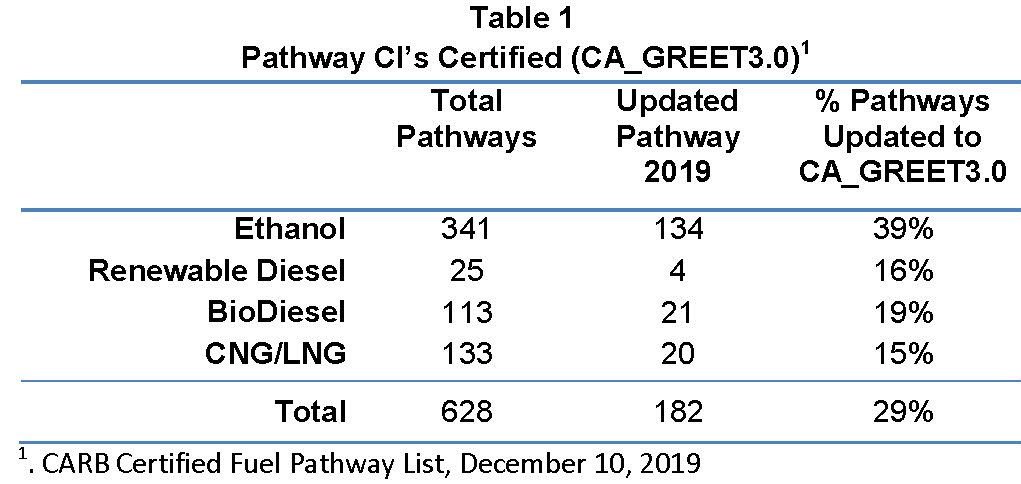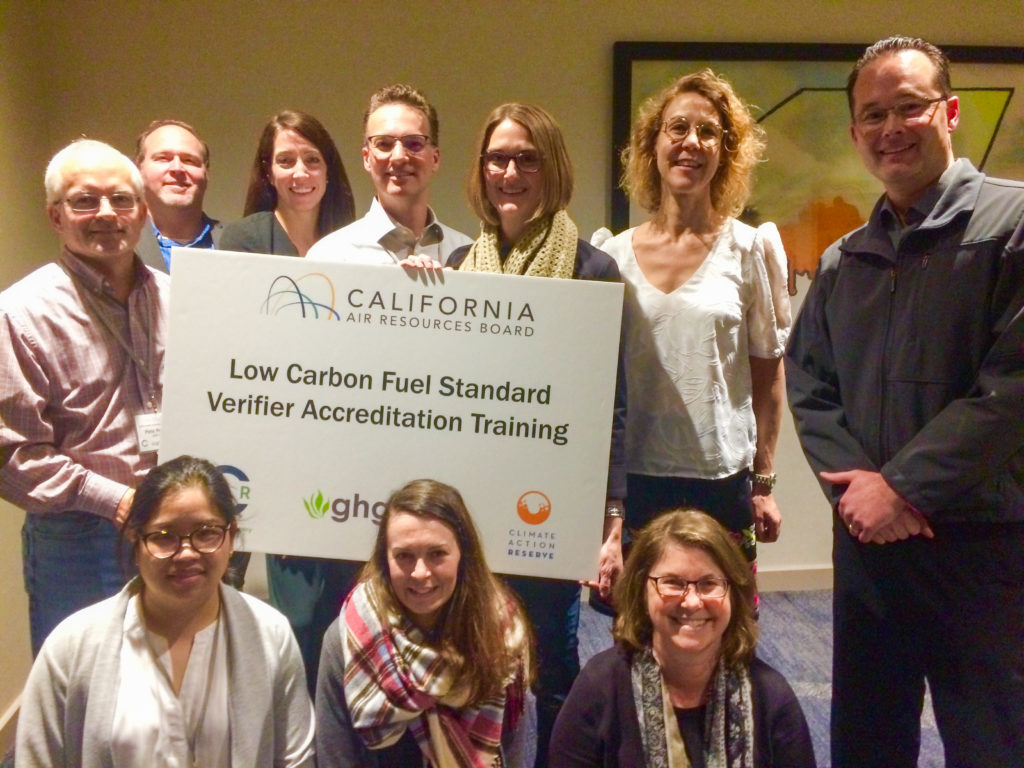In 2018, the California Air Resource Board (CARB) approved amendments to the Low Carbon Fuel Standard (LCFS), strengthening the carbon reduction through 2030 and beyond. Included in the amendments was a third-party verification. The framework was modeled after the Cap-n-Trade program in California. Beginning with fuel pathway applications submitted in 2020, regulated entities are required to retain the services of independent verification bodies accredited by CARB. Turner, Mason & Company (TM&C) recently completed the application and training requirements to become an accredited verification body for the CA LCFS program (approved verification bodies to be posted on the CARB LCFS website by January 1, 2020).
TM&C has supported clients regarding the LCFS program since 2012 and offers the following insight on the LCFS third-party verification requirements.
Who is subject to the Verification Process?
The fuel pathway holder and first fuel reporting entity is responsible for CI validation and ongoing annual verification of fuel transactions and CI data. If you are unsure on the responsibilities for your facility, TM&C can assist you with understanding the verification requirements for your activities.
What is the difference between the Validation Process and the Verification Process?
These processes are identical in requirements; however, the validation is completed on the CI pathway data submitted during the application process. The verification is completed on the operating data beginning with 2019 and is verifying the annual fuel transactions and CI data reported.
Validation of the CI Pathway data is initially done with the application of the pathway. All current pathways will need to convert their calculated CI from the old CA-GREET2.0 model to the current CA-GREET3.0. This activity must be completed by the end of 2020 for existing pathway holders. According to the CARB’s Certified Fuel Pathway List1, only 30% of the current pathways have converted to the CA-GREET3.0 model, leaving approximately 445 current pathways to need validation in 2020 to continue to participate in the CA LCFS program. Table 1 summarizes those pathways impacted.

Verification of annual fuel transactions and CI data will be due on compliance years 2019 / 2020 beginning in 2021. An entity will complete the annual fuel transaction report by March 31, with the verification beginning immediately upon submittal. The fuel transactions and CI data reported will be reviewed by an accredited body and provided a qualification statement of conformance by August 31.
When should a facility begin to think about the verification requirements for its activities?
If your entity updated its fuel pathway to the CA-GREET3.0 prior to January 1, 2020, CARB performed the validation during the application process. The next phase of the process is the verification of the fuel transactions and the CI operating data on compliance years 2019 / 2020. In preparation for this next phase, one should begin the process of retaining a verification body by mid 2020. The first verification statement must be completed and submitted to CARB by August 31, 2021.
For those entities who have not updated their fuel pathway to the CA-GREET3.0 model, the current pathway will expire at the end of 2020. All pathway applications submitted in 2020 will require validation of the pathway application prior to CARB certifying the CI. If your facility is still utilizing a CI pathway based on the CA-GREET2.0 model, TM&C recommends you begin this process in early 2020. Contact TM&C to assist you with the validation process of your pathway application.
Our future Focus on Fuels newsletter will provide details regarding the upcoming validation / verification requirements. Watch for this in January 2020.
TM&C Fuels Regulatory Practice has a wealth of experience spanning several decades in virtually all of the clean fuel programs affecting refiners and marketers. Throughout its history, TM&C has provided consultation on EPA and state fuel programs in essentially all aspects of compliance. TM&C publishes a monthly newsletter focused on a deeper dive into the current regulatory issues facing the industry. If you would like to be included on the distribution list, visit our “Contact Us Page” and let us know in the message box. Feel welcome to give our regulatory compliance team a call at (214) 754-0898.

